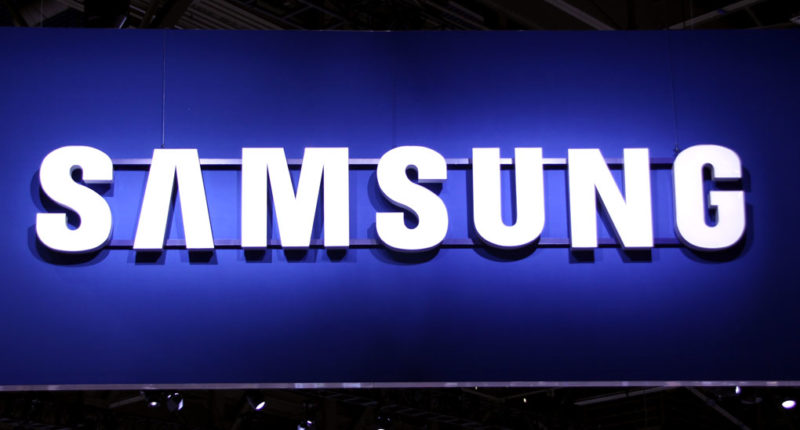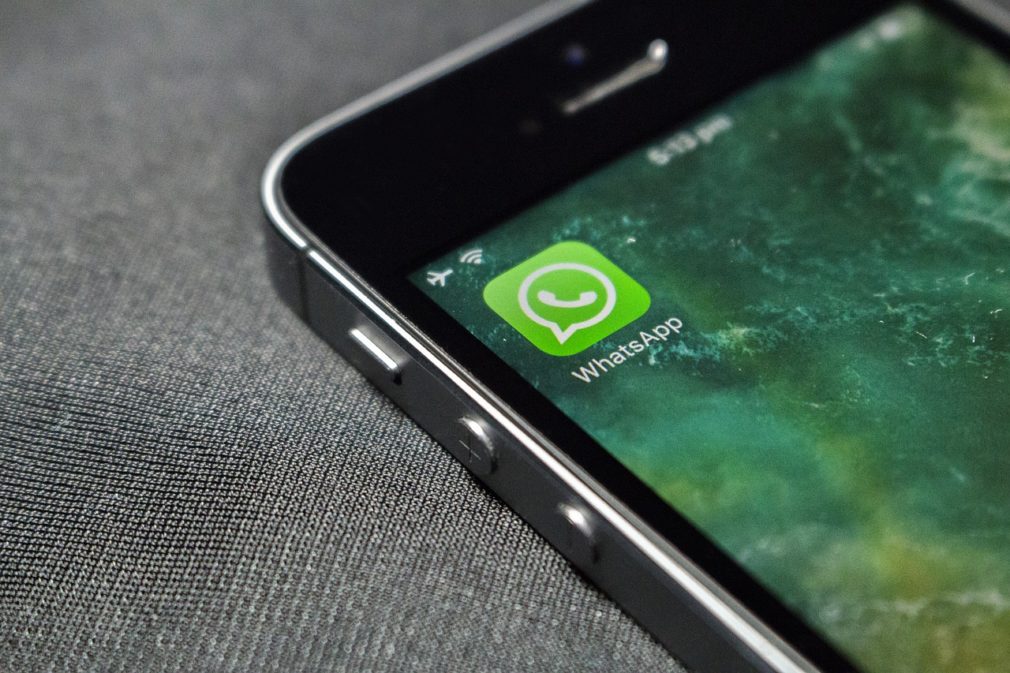Samsung made its earnings for the first quarter of 2020 public, alerting of a slower quarter than Q4 2019, and expecting to have an even slower Q2 2020. The impact of coronavirus, weak seasonality for the company’s display business and consumer Electronics Division lead to this slowdown, registering a KRW 0.7 trillion decline in business over the quarter.
Samsung ended up with KRW 6.45 trillion as pure profit in Q1, on a total revenue of KRW 55.33 trillion, which declined 7.6% from the previous quarter. The operating margins were lower this time around, due to the extra capital that had to be poured to stay afloat. However, on an year on year basis, profits grew by KRW 0.2 trillion, with total revenue rising by 5.6% from Q1 2019. This was mostly accredited to the company’s booming chip and memory business, which seems to have made a comeback after a stretched out recession in the industry.
“In the first quarter, Samsung Electronics’ capital expenditure totaled KRW 7.3 trillion, including KRW 6.0 trillion spent on semiconductors and KRW 0.8 trillion on displays,” the company said in a blog post.
The company’s Display Panel Business took a big hit, as sale of new devices declined largely due to Chinese supply chain being affected. Mobile displays posted a decline in earnings amid weak seasonality.
The Consumer Electronics Division had similar returns, posting a loss in revenue from previous quarter. Earnings from the TV business also declined due to competitive pricing from competitors, and general lockdown effects.
However, not all was lost for the company, which witnessed the Mobile Communications Business reeling in more profits than it did last quarter, and last year’s Q1. The company states that it was largely in part to “an improved product mix with the launch of flagship Galaxy S20 devices and efficient management of marketing expenses.”
Earnings from the memory business also increased, as the demand from servers and PCs hiked. Meanwhile, demand from mobiles remained the same, the company says. “Profits from the logic chip business rose as supply of mobile components increased to major customers and the foundry business saw a profit decline due to lower demand for high-performance computing (HPC) from China,” said Samsung.
For the next quarter, the company expects to see a bigger slowdown in business and a lower revenue, despite the memory business still retaining its momentum.
“Looking ahead to the second quarter, the Company expects the memory business to remain solid, but overall earnings are likely to decline from the previous quarter because COVID-19 will significantly impact demand for several of its core products.”
The company expects the memory side of the business to keep flourishing, as it is expected that people will still be in their homes for a while, thus the need for memory becoming prevalent. However, it expects mobile business to take a dive, as less users will be making changes to their existing devices due to weak economy and disrupted supply chains.
“Sales and profits of set products business, including smartphones and TVs, are expected to decline significantly as COVID-19 affects demand and leads to store and plant closures globally. To address this, the Company will leverage its global production flexibility and supply networks as well as strengthening its online sales capabilities.”
The company is also planning to place a bet on 5G, hopefully bringing out a premium line of devices to support the technology. “The Mobile Communications Business aims to strengthen its product lineup by introducing new premium models and expanding offerings of 5G models for the mass market. The Networks Business will focus on developing technologies and enhancing global competitiveness to reinforce the 5G business.”
The Tech Portal is published by Blue Box Media Private Limited. Our investors have no influence over our reporting. Read our full Ownership and Funding Disclosure →






